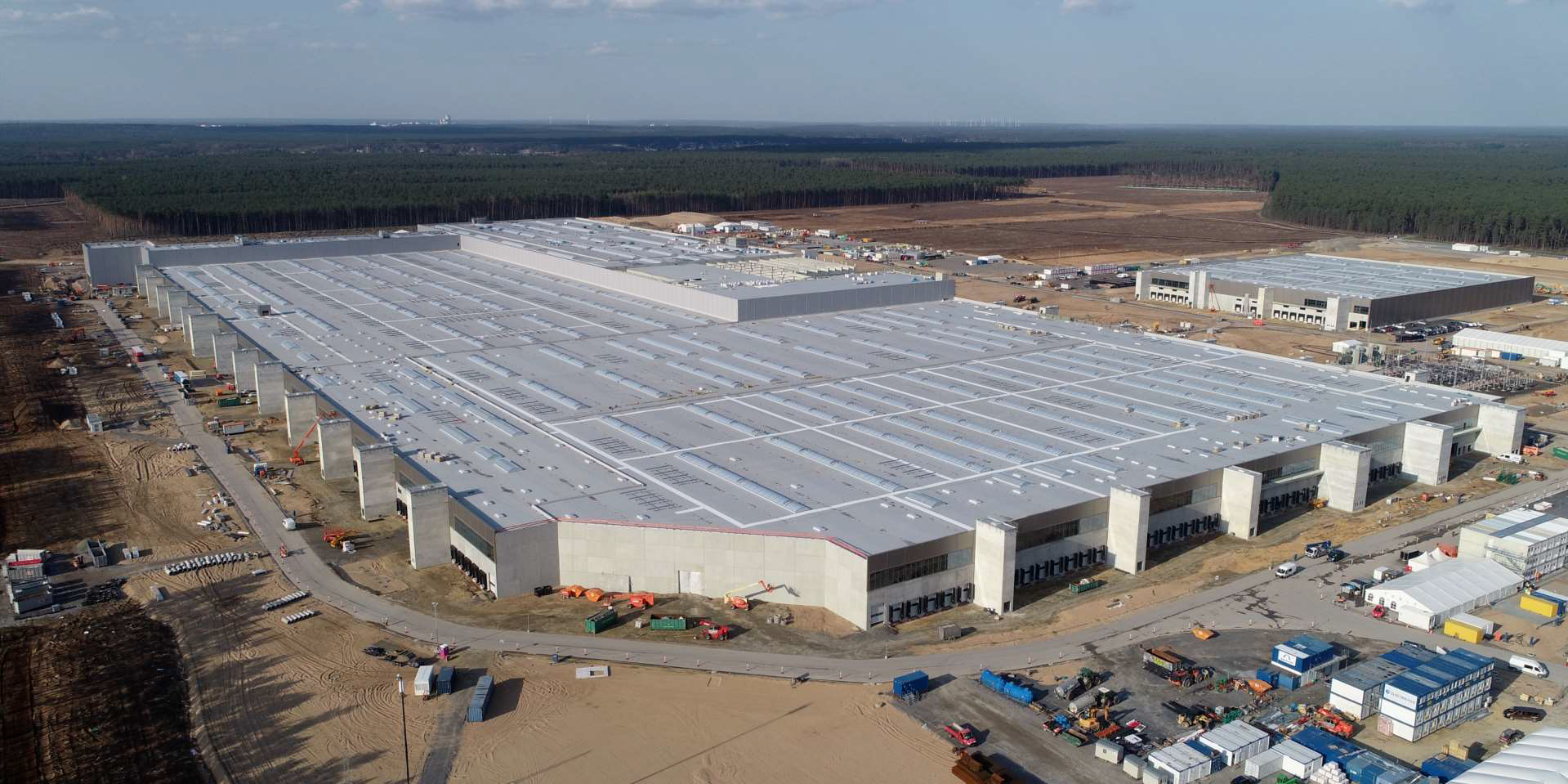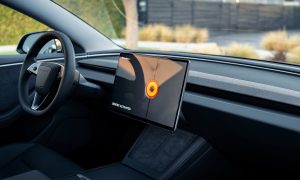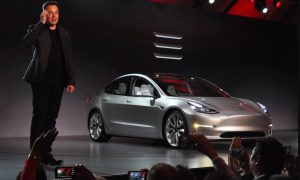Tesla’s Giga Berlin production facility is going to have a 4680 battery cell manufacturing plant on site. While some media outlets claim a delay in the Giga Berlin timeline should be expected due to the battery facility being added onto Tesla’s application, there isn’t any evidence to indicate that Tesla’s electric vehicles will be produced any later than the company expects.
The Tesla Giga Berlin production plant project has been one of the most anticipated vehicle manufacturing facilities in recent memory. But what started as Tesla’s way to introduce its products on a wider scale to the European market has become a long and drawn-out game of chess between the California automaker and German regulators. The most recent move in the plans occurred several days ago when Tesla finally decided to add its planned 4680 battery cell manufacturing plant to its application, bringing on the idea that the car company would be able to produce and install its own in-house batteries into its industry-leading electric cars.
However, the inclusion of the cell manufacturing plant in the newly revised application gives some the idea that Tesla’s project in Germany could sustain further delays. However, Teslarati sources in Germany say that the project shouldn’t incur any further delays; it will just require more deliberation on the part of the German authorities, who have the ultimate say in the project’s progress. While Tesla executives have recently voiced their discontent for the timeliness of the approval process, the sources indicate that German regulators are already talking about the inclusion of the 4680 battery factory at the Giga Berlin property, meaning the process, while deliberate, shouldn’t affect Tesla’s timeframes for initial EV production.
Tesla’s 4680 battery cells were unveiled at the company’s Battery Day in September 2020. The cells differ greatly from the 2170 cells by offering more energy, range, and power through numerous developments made by Tesla’s battery cell team.
Tesla originally planned to have Giga Berlin up and running later this year, and Summer 2021 was a timeframe that was commonly mentioned within the automaker’s plans. However, the ultimate authority who has the final say in when the electric vehicle manufacturing facility is the State Environmental Agency, who will now have to backtrack slightly as the application for Tesla’s production plant will need revisions due to the newly-included 4680 cell building will need to be considered. There is no separate application for the 4680 plant. Instead, it is simply added to the already-existing “master” application for the Giga Berlin facility.
“If this additional investment now flows into the permit application, it goes without saying that the application documents must be revised, and then the approval authorities have the last word,” Dietmar Woidke, Brandenburg’s Prime Minister, said, according to Automobilewoche. “We are well-advised to do everything we can to ensure that the entire permit for car production in Grünheide runs in a legally secure manner. The further process is currently being discussed.”
Tesla Giga Berlin’s battery factory deemed “very important” investment by minister
Woidke is a supporter of Tesla’s project and called the inclusion of the battery plant “positive news” for Germany as a whole. The plant, when finished, will provide a substantial number of employment opportunities for German citizens and will provide a healthy economic impact in the area.
German regulators have already taken their time with preliminary approvals for the facility due to refined and deliberate examinations of all elements involved. Tesla has been doing all of the work on the property without anything more than these preliminary approvals. Effectively, Tesla is running an “at-your-own-risk” construction project in Germany, and if regulators decide in a few months they do not want an electric vehicle manufacturing plant to operate in the area, Tesla will be required to bring the land back to its original state, assuming all financial risk. This scenario, while relatively unlikely, would be a blow not only to Tesla but the electric vehicle movement as a whole, as the largest EV company in the world would be extracted from the largest EV market in the world.
Tesla has likely come to the conclusion that the Summer production and delivery timeframe is not going to be achieved. In its latest Earnings Call Update Letter that was released on Monday, April 26th, the company said:
“In Europe, buildout of Gigafactory Berlin is continuing to move forward, with production and deliveries remaining on track for late 2021. Machinery for paint, stamping, castings, etc., continues to be moved into the building. In the meantime, we will continue to increase import volumes to Europe.”
However, the 4680 cell plant shouldn’t prolong Tesla’s initial vehicle manufacturing efforts. While the initial timeframes for vehicle production have been pushed back from the Summer to the end of the year, there is plenty of evidence to suggest that the 4680 plant’s inclusion will simply prolong Tesla’s construction efforts, and not necessarily the initial production effort’s start date.











